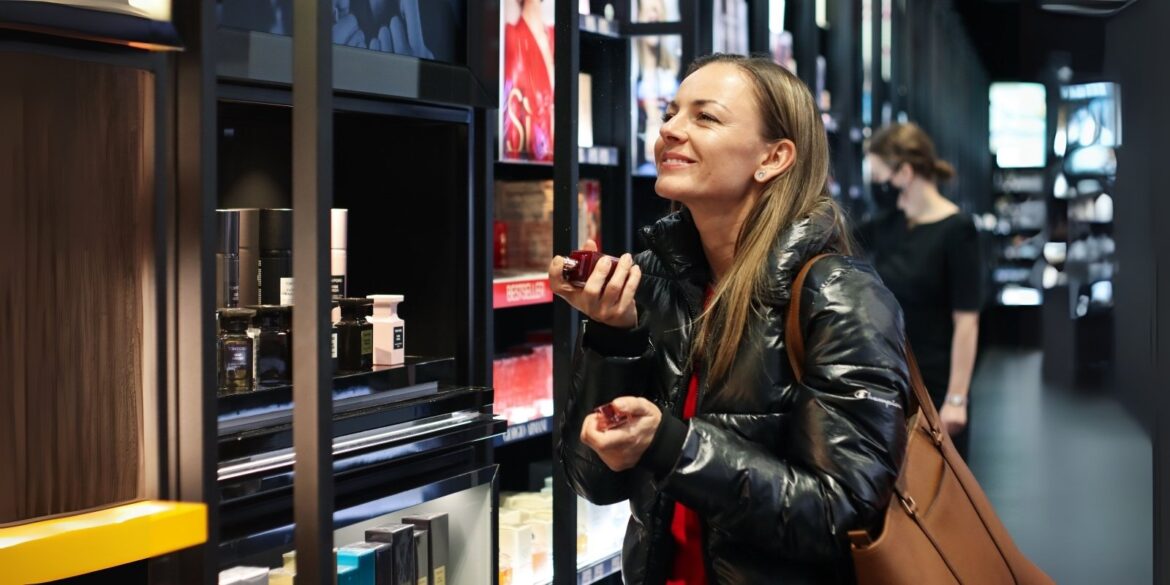It was my mother who first told me that testers actually are more potent, therefore better, than the actual perfume you purchase. This is thought to be a tactic employed by perfume companies to encourage you to purchase their products. My uncle made the same comment the other day when we were at V Perfume sniffing around the store. He noticed that the perfume he tried didn’t last very long. Then he said, “And that was a tester; those are supposed to be the better versions.” Implying that the for-sale perfume will be even less long-lasting.
So, do tester bottles contain a stronger, longer-lasting scent compared to for-sale bottles?
Why the Tester Hype?
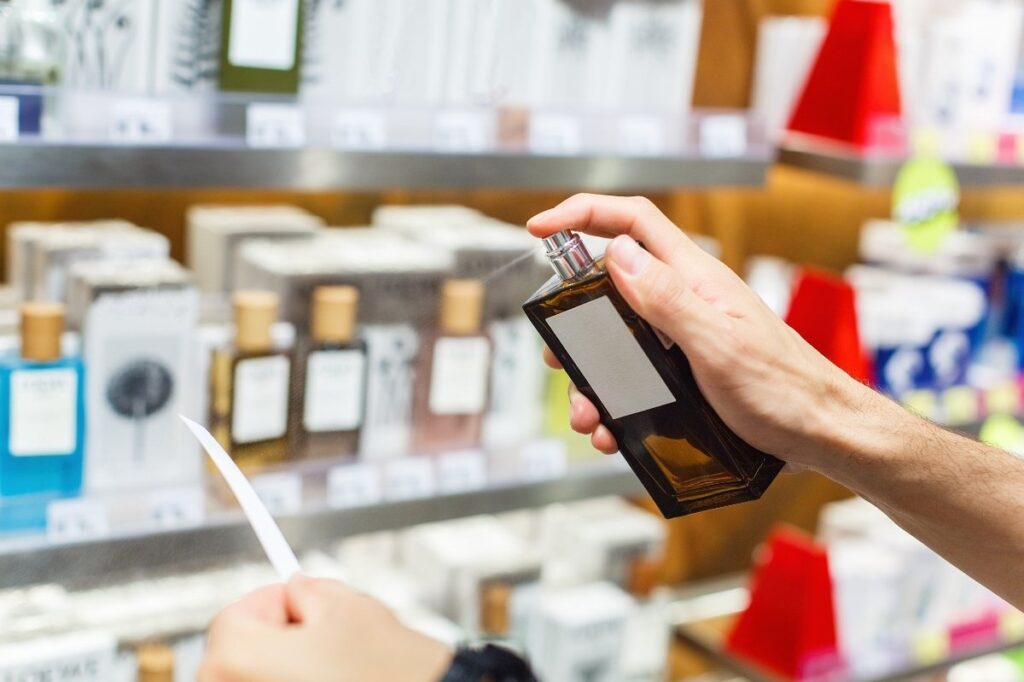
The belief that tester bottles are better doesn’t come out of the blue. Testers, for starters, are strategically placed to grab your attention. Brands want you to notice their products. This is why they might invest a little extra effort in presentation and the surrounding atmosphere of those testers.
Testers have also gotten the chance to develop and macerate, especially in busy stores. They are frequently opened and sprayed, which can prevent the top notes from degrading or evaporating as quickly. A closed bottle sitting unopened for a long time will not smell or perform the same.
Do Testers Actually Contain a Stronger Concentration?
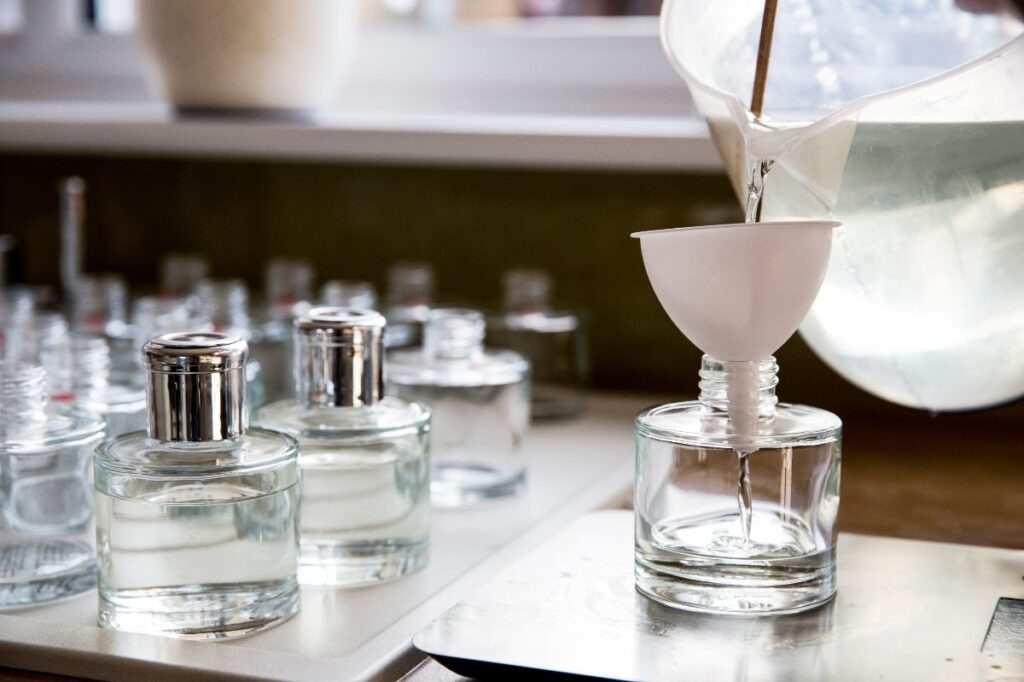
The short answer is no. Testers don’t contain a stronger fragrance concentration.
Most reputable fragrance houses use the same formulation for both tester and for-sale bottles. It wouldn’t make good business sense to have two separate formulas. This will open doors for inconsistency, customer dissatisfaction, and quality control nightmares.
Creating and maintaining two different formulations for the same fragrance would significantly increase production costs. This could also lead to legal issues, as the fragrance industry is subject to regulations regarding labeling and ingredients.
Why Did Your Tester Smell Stronger?
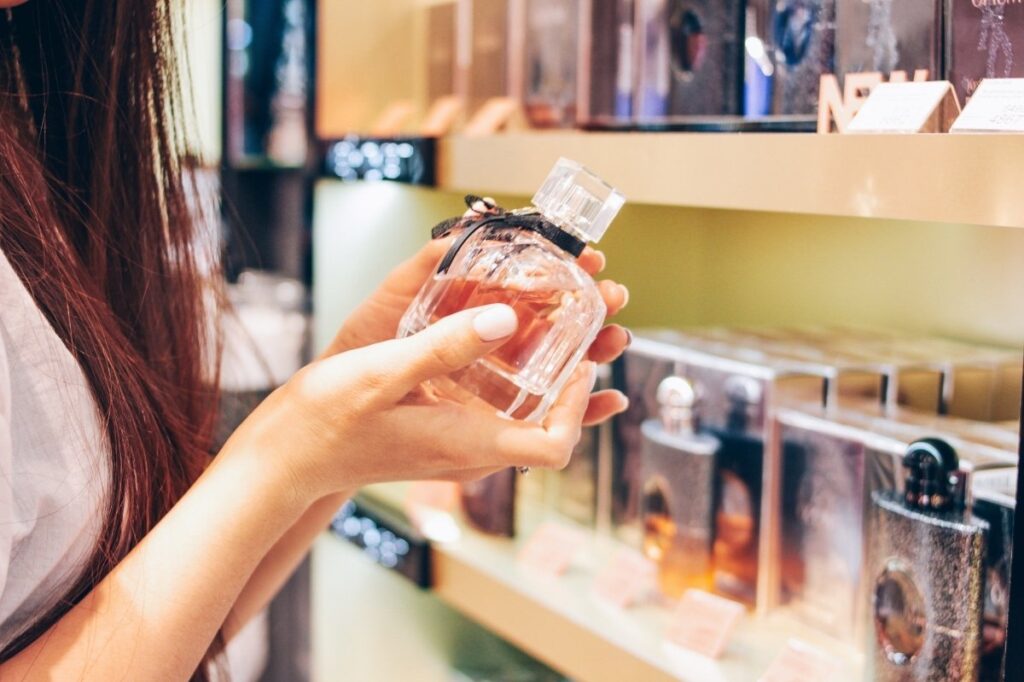
If the formula is the same, then why do so many people claim that it is, in fact, not?! Well, there are many factors that can affect how you perceive a fragrance. The most prominent one is one that not many know about or are aware that this affects the fragrance. That is the age of the bottle and how long it’s been sitting there, macerating and aging like fine wine. As mentioned earlier, a tester that’s used regularly might have fresher top notes than a bottle that’s been sitting on the shelf for months.
We also don’t realize that when testing, we might be more deliberate in our application of the fragrance, and the environment we’re in highly impacts how the perfume comes out. The temperature, humidity, and even the air quality in a store can affect how a fragrance smells and projects. Heck, even the change in our body chemistry in different environments will affect the scent. The skin’s pH, hydration levels, and even lunch choices can alter how a fragrance develops on the skin.
Tips & Tricks:
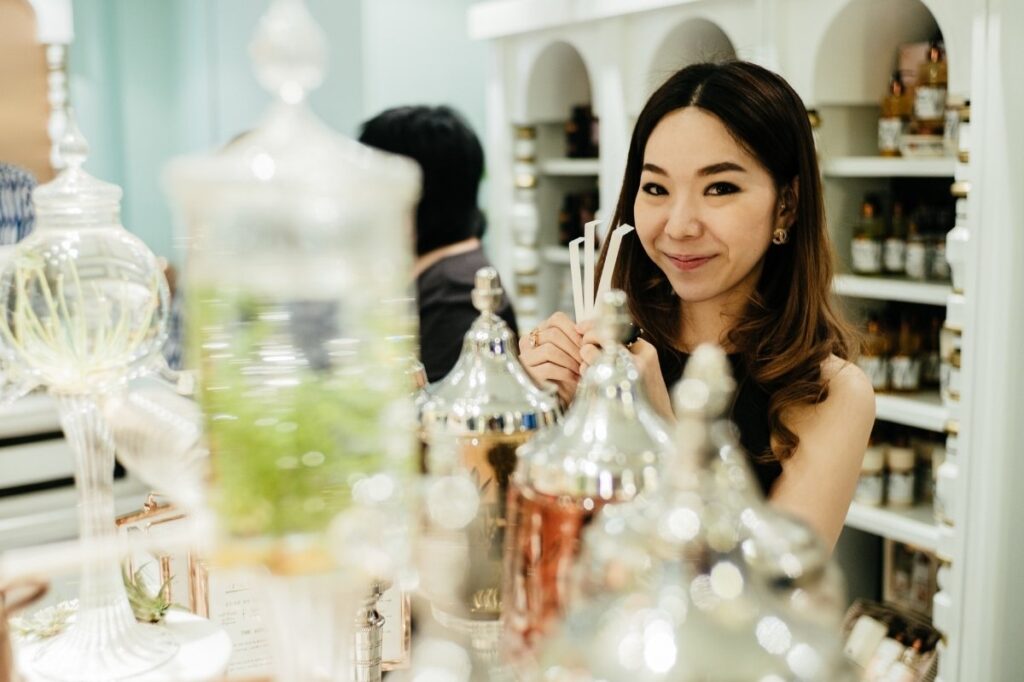
Here are a few things that will help you overcome this problem, or at least adjust to it:
- Don’t spray too many fragrances at once.
- Spray onto your skin (preferably on your wrist or inner elbow).
- Allow the fragrance to develop for at least 30 minutes to an hour before judging it.
- If you’re testing multiple fragrances, take a break to clear your nose.
- If you’re unsure about a fragrance, consider purchasing a mini version.
The Verdict:
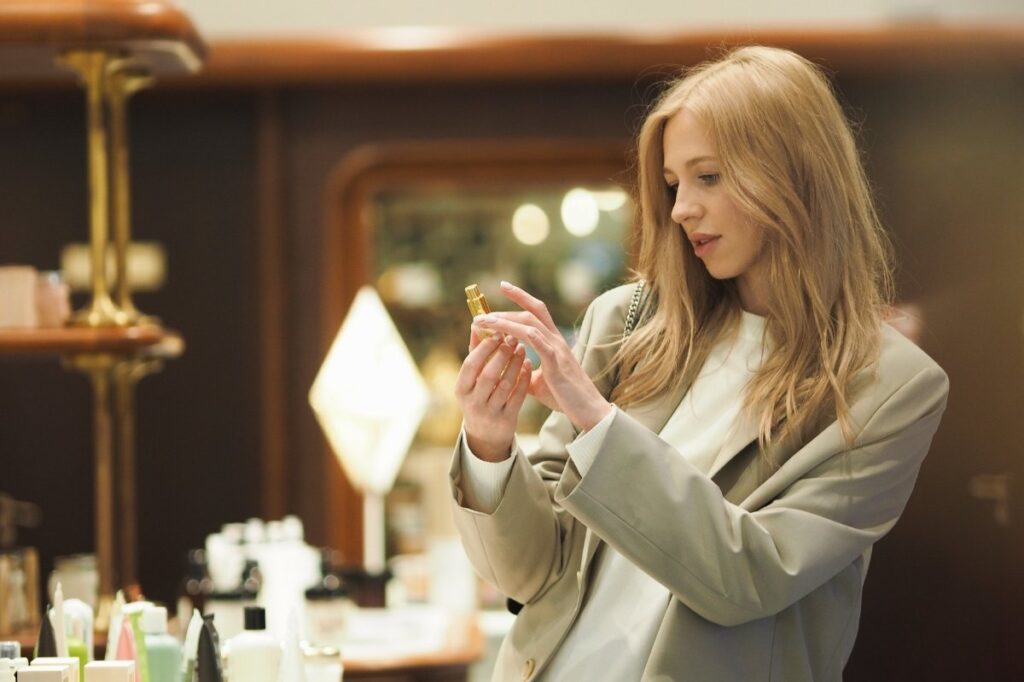
Well, the idea of super-charged tester bottles is, for the most part, a myth. Reputable fragrance shops use the same formulation for both testers and for-sale bottles. Keep that in mind the next time you find yourself in a fragrance store doing some shopping.
